How reality silenced the climate change deniers
The weather has done what reason could not


A free daily email with the biggest news stories of the day – and the best features from TheWeek.com
You are now subscribed
Your newsletter sign-up was successful
The data came in last week, and as had been expected, 2015 was measured as the hottest year ever recorded — whether you ask NASA, NOAA, the Japanese Meteorological Agency, the UK's Hadley Centre, or Berkeley Earth — beating the previous record set only last year. A few days later, a gigantic blizzard smashed the eastern seaboard from New York to D.C., setting multiple snowfall and flooding records.
The press and climate scientists gave these their typical examination, and came to the usual conclusion. The temperature record was certainly caused by humanity's release of greenhouse gases, while a decent circumstantial case can be made that the blizzard was partly caused by climate change-induced disruptions in the Atlantic Meridional Overturning Circulation.
One traditional part of this routine was missing, however: the usual chorus of climate deniers and trolls nitpicking the data and/or loudly accusing the entirety of the scientific establishment of fraud. Some were still there, but they were notably quiet, particularly compared to previous denier frenzies like the "Climategate" mess. It demonstrates that climate denial really can be subdued — but not through argument, through demonstration and sheer social trench warfare.
The Week
Escape your echo chamber. Get the facts behind the news, plus analysis from multiple perspectives.

Sign up for The Week's Free Newsletters
From our morning news briefing to a weekly Good News Newsletter, get the best of The Week delivered directly to your inbox.
From our morning news briefing to a weekly Good News Newsletter, get the best of The Week delivered directly to your inbox.
But first, how can one tell whether denial is really fading? It's hard to know for sure, but the circumstantial case is fairly strong. Google Trends shows a marked decline in searches for "global warming hoax," (in blue below) somewhat but only partially offset by a slight rise in "climate change hoax" (in red). Though there was a huge spike during Climategate in late 2009, both measurements combined are far below where they were before that incident:
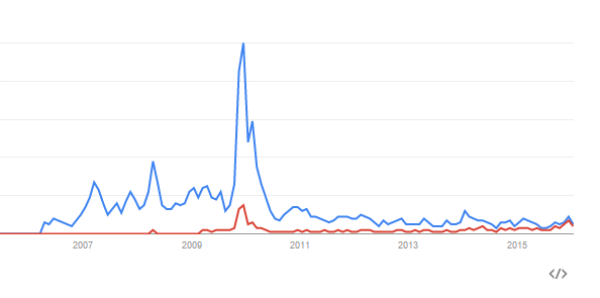
(Courtesy Google Trends)
Anecdotally, I notice substantially fewer denier trolls attacking me online than a couple years ago, and the denier blogs seem rather halfhearted and dispirited of late. The Republican Party is still committed to doing nothing about climate change, but has mostly retreated to weird evasive slogans like "I'm not a scientist" rather than full-throated denial.
Such a development rather goes against what was becoming the conventional wisdom in communications research. Several papers over the last couple years, particularly one by Brendan Nyhan in 2014, have found that it's basically impossible to talk somebody out of believing conspiracy theories. Argue against vaccine deniers on the scientific merits, talk about the risks of disease, or even present scary pictures of kids sick with rubella or mumps, and people are unmoved — or even double down on their beliefs.
A free daily email with the biggest news stories of the day – and the best features from TheWeek.com
But reasoned argument, citation of authority, or sheer fright aren't the only ways you might try to convince a vaccine denier. You could, to pick an extreme example, infect them and their entire family with a vaccine-preventable illness. That would be immoral to do on purpose, but it actually happened on accident to one woman and every one of her seven children, who all got whooping cough. Result: They got their shots.
Something similar has been happening with climate change, I suspect. For years and years now deniers like George Will have been cherry-picking the year 1998 (an unusually hot year due to a powerful El Niño) as evidence that there had been no warming since then. For the statistically literate, this was obvious garbage, but now it's irredeemable trash even on its own terms, with 2015 not only breaking the previous record (which was 2014, by the way) but setting the new record by the widest margin on record. Denial needs these sorts of faux-intellectual toeholds, and is palpably harmed when they are blown to smithereens.
The general discussion around whether extreme weather events can properly be attributed to climate change has also been notably more muted than before. The usual crowd of careerists who cynically nitpick such claims is barely to be seen. And typically a blizzard is prime time for deniers to pop up and flap their gums about how winter disproves climate change, but when temperature hits the mid-40s immediately after an extreme blizzard in January, it's a hard case to make.
All this doesn't mean that denial couldn't crop back up later, of course. Likely somebody will start whining about "no warming since 2015" inside of a year or two. But this shows that denial is not irreversible once it gains momentum. Reasoned argument doesn't generally move people's beliefs. But social pressure — some combination of argument, ridicule, and counter-mobilization, buttressed by undeniable empirical reality — just might.
Ryan Cooper is a national correspondent at TheWeek.com. His work has appeared in the Washington Monthly, The New Republic, and the Washington Post.
-
 At least 8 dead in California’s deadliest avalanche
At least 8 dead in California’s deadliest avalancheSpeed Read The avalanche near Lake Tahoe was the deadliest in modern California history and the worst in the US since 1981
-
 Political cartoons for February 19
Political cartoons for February 19Cartoons Thursday’s political cartoons include a suspicious package, a piece of the cake, and more
-
 The Gallivant: style and charm steps from Camber Sands
The Gallivant: style and charm steps from Camber SandsThe Week Recommends Nestled behind the dunes, this luxury hotel is a great place to hunker down and get cosy
-
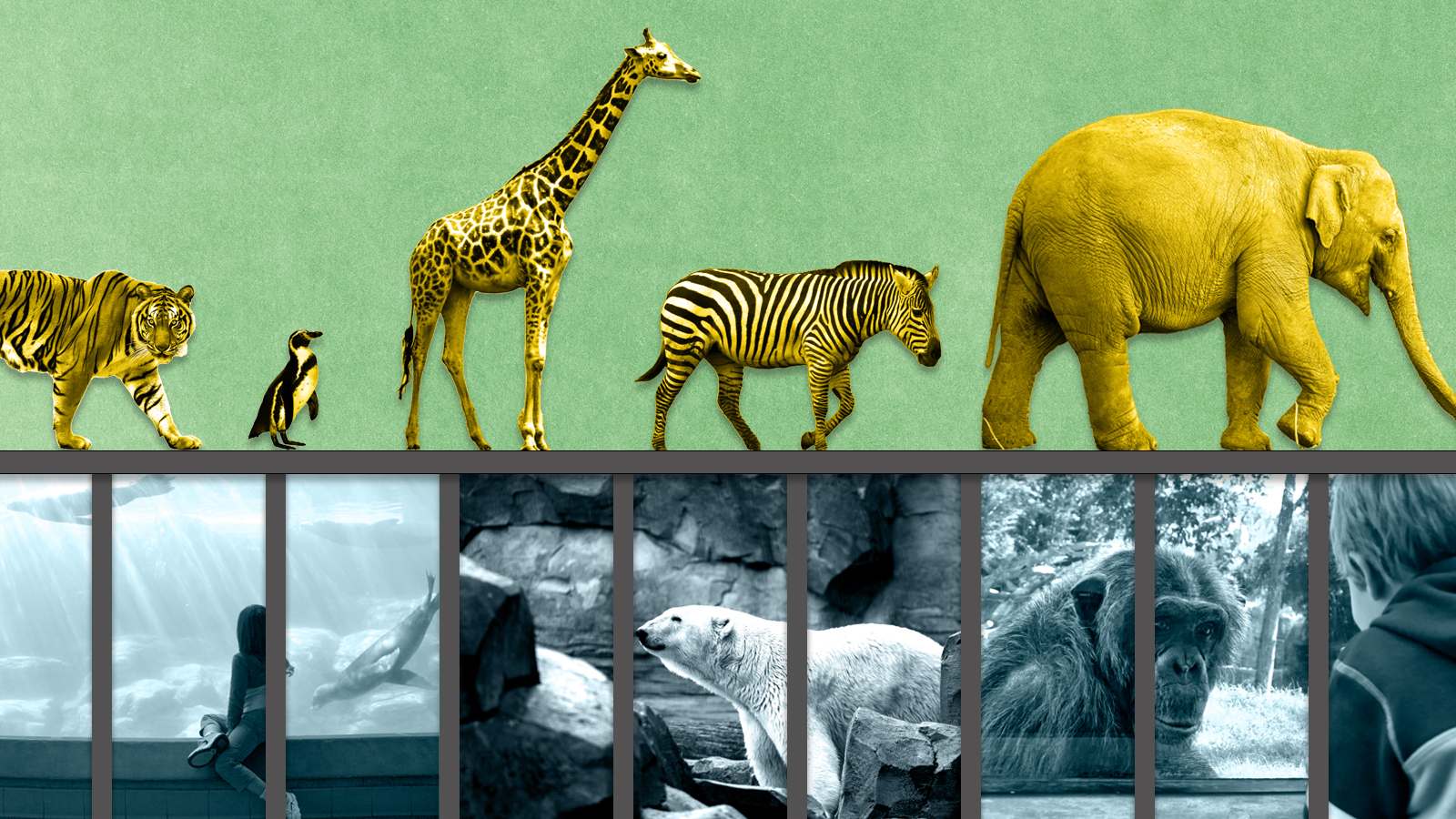 Are zoos ethical?
Are zoos ethical?The Explainer Examining the pros and cons of supporting these controversial institutions
-
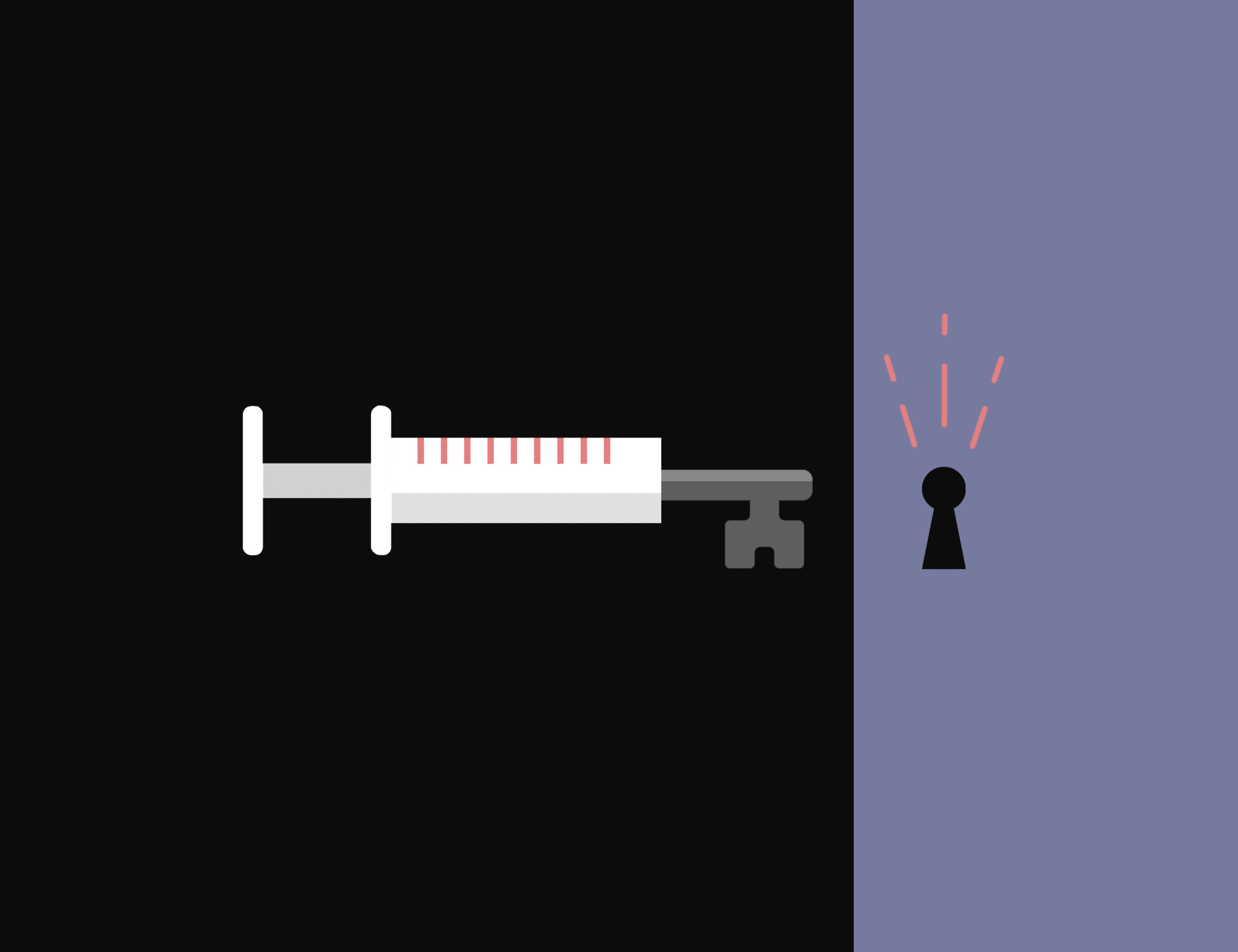 Will COVID-19 wind up saving lives?
Will COVID-19 wind up saving lives?The Explainer By spurring vaccine development, the pandemic is one crisis that hasn’t gone to waste
-
 Coronavirus vaccine guide: Everything you need to know so far
Coronavirus vaccine guide: Everything you need to know so farThe Explainer Effectiveness, doses, variants, and methods — explained
-
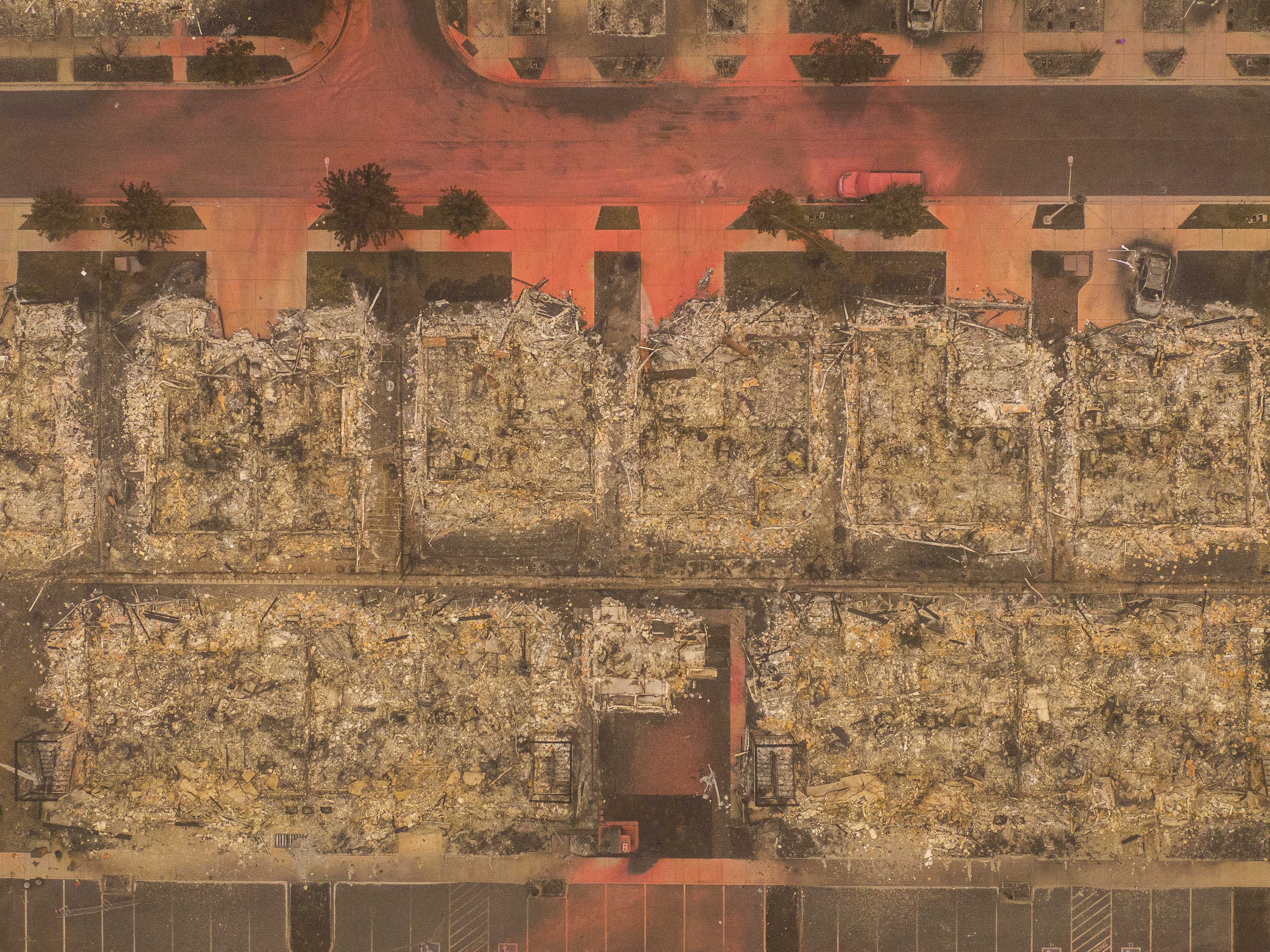 The climate refugees are here. They're Americans.
The climate refugees are here. They're Americans.The Explainer Wildfires are forcing people from their homes in droves. Where will they go now?
-
 Coronavirus' looming psychological crisis
Coronavirus' looming psychological crisisThe Explainer On the coming epidemic of despair
-
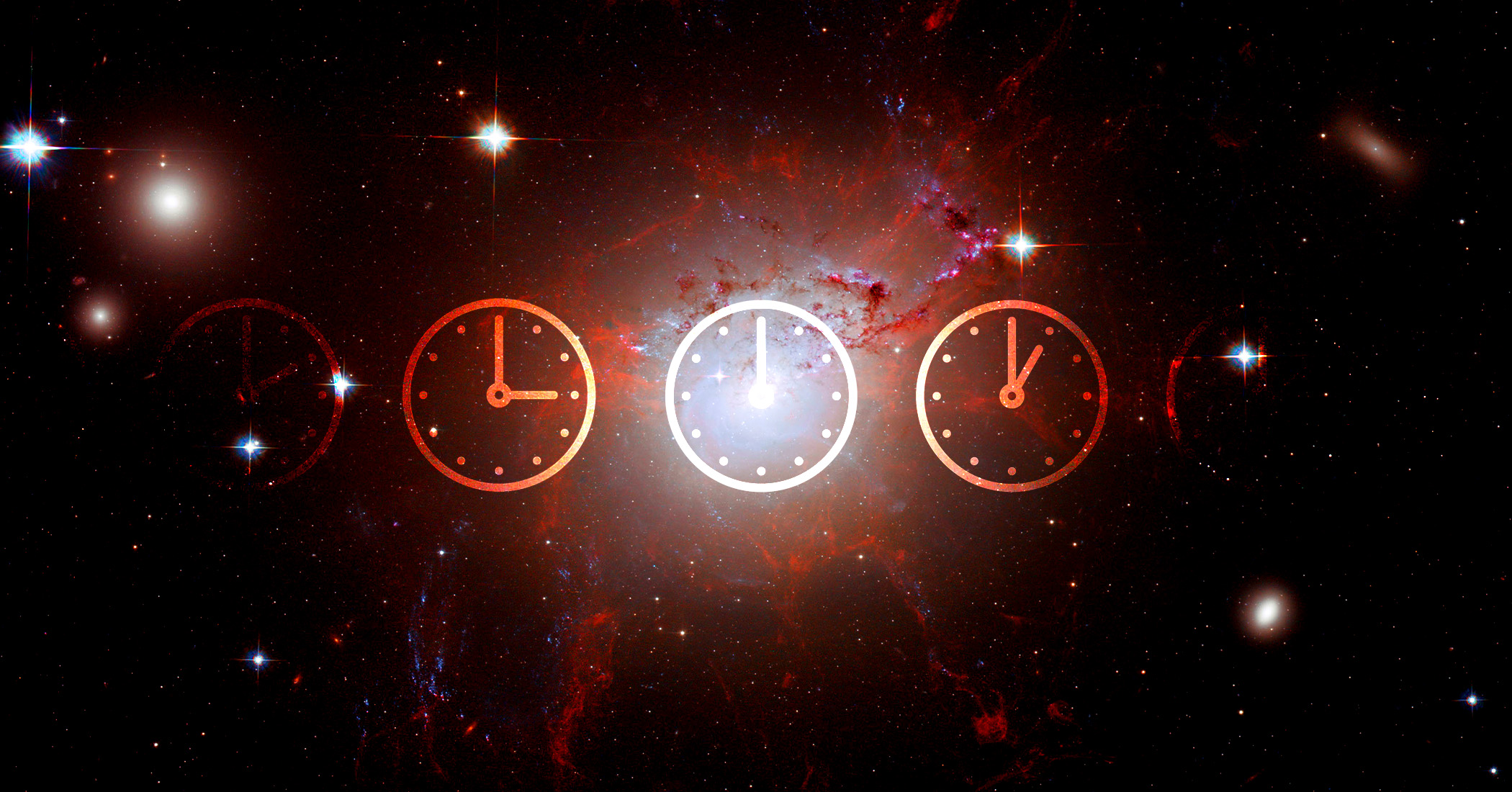 The growing crisis in cosmology
The growing crisis in cosmologyThe Explainer Unexplained discrepancies are appearing in measurements of how rapidly the universe is expanding
-
 What if the car of the future isn't a car at all?
What if the car of the future isn't a car at all?The Explainer The many problems with GM's Cruise autonomous vehicle announcement
-
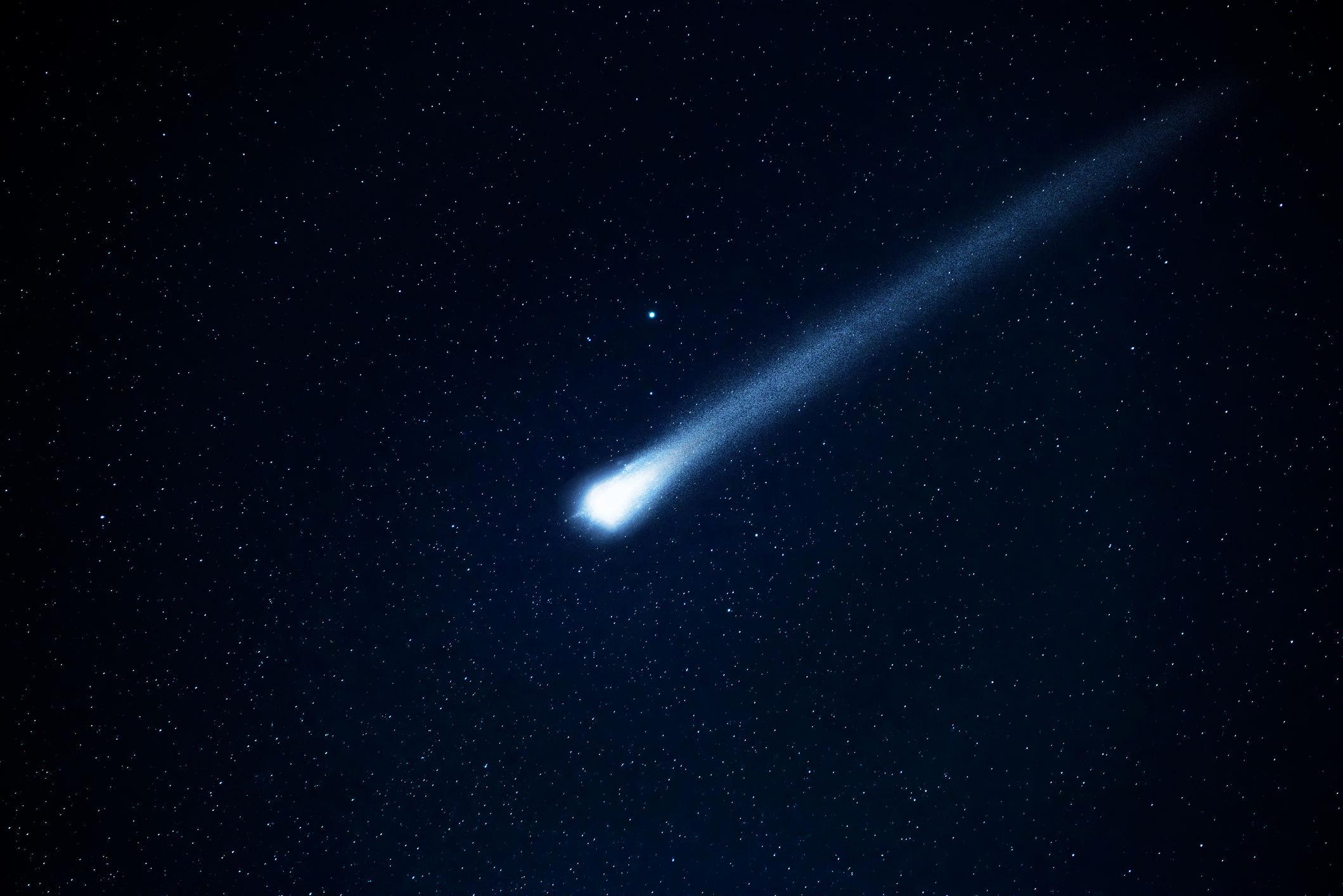 The threat of killer asteroids
The threat of killer asteroidsThe Explainer Everything you need to know about asteroids hitting Earth and wiping out humanity
